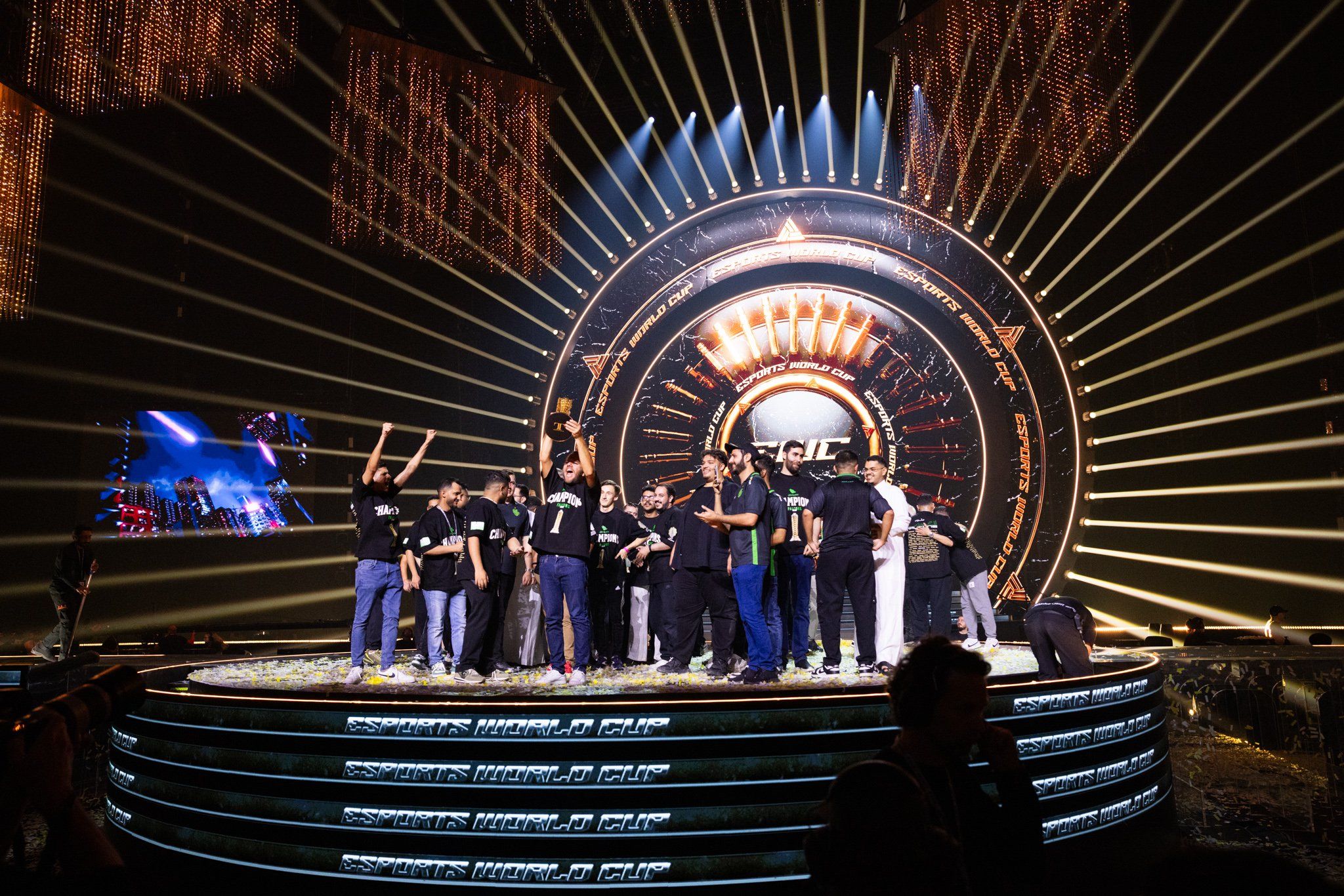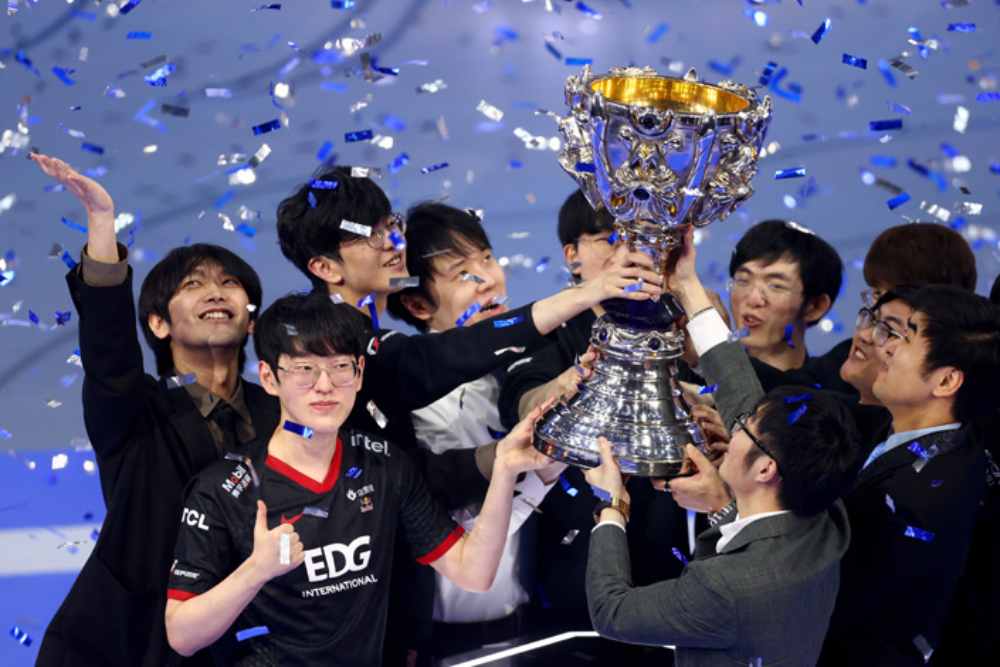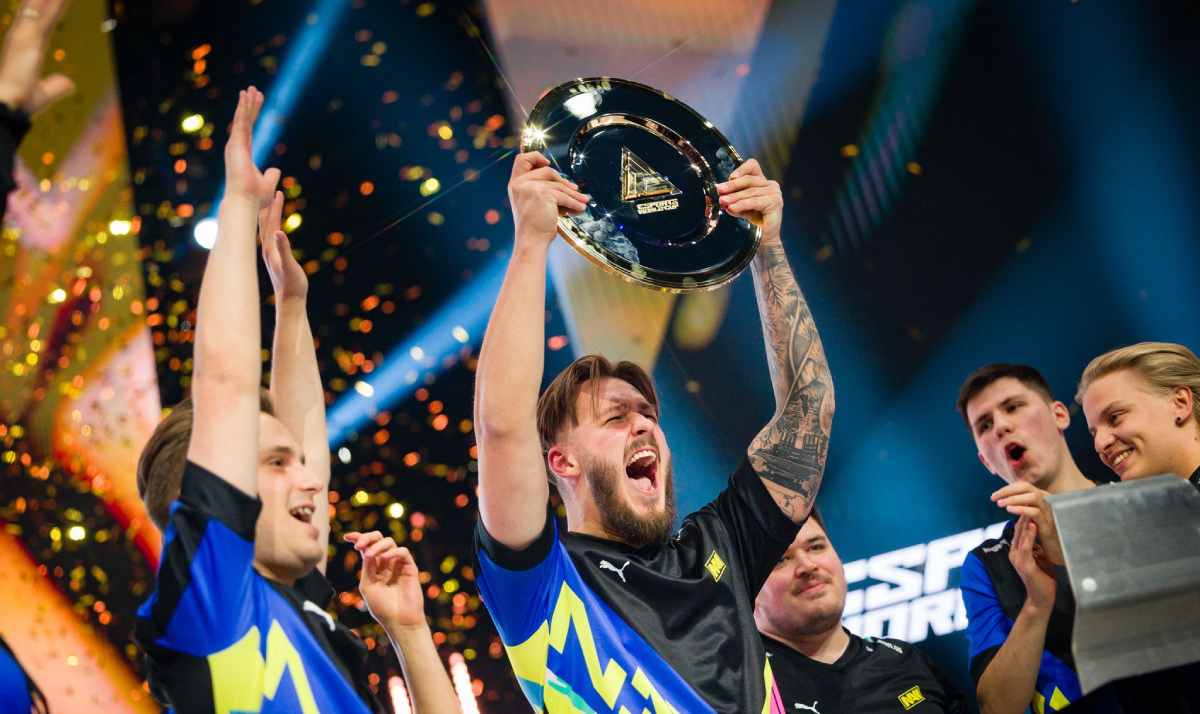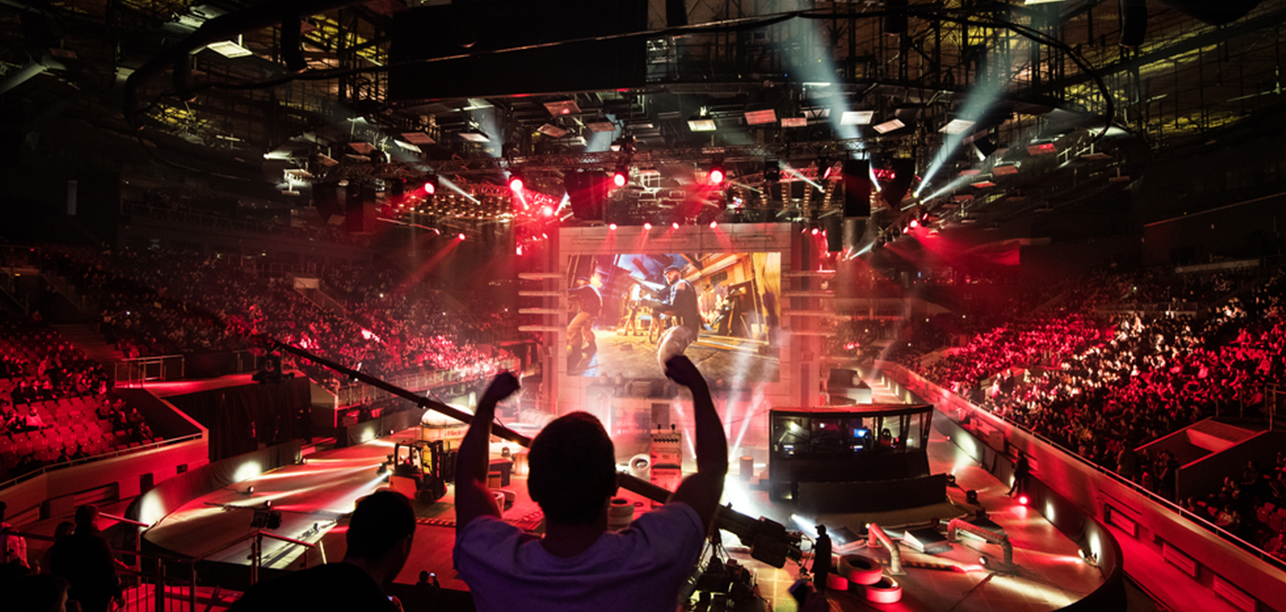
The Evolution of Esports World Championships
Here is one download, a really noticeable one at that. From small, local gatherings to the largest stages in international arenas, it has expanded. It is a global phenomenon now known as esports. World championships for esports have come a long way, fast. This change shows how fast the industry is growing and its growing influence on popular culture. This blog will explore the exciting history of esports world championships. We’ll look at major gaming tournaments and how global esports became so popular today.
Esports, once dismissed as a niche hobby, has now become a mainstream entertainment powerhouse. The story of esports world championships is exciting. It highlights the hard work, passion, and creativity of players and organisers. This evolution gives us insights into the gaming industry. It also shows how modern entertainment is always changing.
The Early Days: The Birth of Competitive Gaming

The Dawn of Esports
The history of esports world championships can be traced back to the late 1970s and early 1980s. Video games began to capture the imagination of players worldwide. The first video game competition happened in 1972 at Stanford University. Students played a game called Spacewar! This event marked the beginning of competitive gaming, although it was far from the grand spectacles we witness today.
The Rise of Arcade Tournaments
Throughout the 1980s, arcade games such as Pac-Man and Donkey Kong gained immense popularity. It gave way to the emergence of arcade tournaments. These competitions were often held in local arcades. They would attract enthusiastic players eager to prove their skills. These early tournaments lacked the global reach of today’s events. They laid the foundation for the competitive spirit that would drive the evolution of esports.
The 1990s: The Birth of Organised Esports
The Emergence of Professional Leagues
The 1990s marked a significant turning point in the history of esports world championships. With the advent of the internet and the rise of multiplayer games, organised esports leagues began to take shape. One of the earliest and most influential leagues was the Cyberathlete Professional League (CPL), founded in 1997. The CPL hosted tournaments for popular games like Quake and Counter-Strike. They attracted players from around the world.
The Influence of LAN Parties
Local Area Network (LAN) parties became a cultural phenomenon during this era. Gamers would gather with their computers to compete in multiplayer games. It would foster a sense of community and camaraderie. These LAN parties played a crucial role in the development of esports. They provided a platform for players to showcase their skills and connect with like-minded individuals.
The 2000s: The Rise of Major Esports Tournaments
The Birth of Global Events
As the new millennium dawned, esports began to gain recognition on a global scale. The World Cyber Games (WCG), founded in 2000, became one of the first truly international esports tournaments. With participants from multiple countries, the WCG set the stage for the future of esports world championships. It featured a diverse range of games, including StarCraft, Warcraft III, and FIFA, attracting a broad audience.
The Impact of Streaming Platforms
Streaming platforms like Twitch changed how esports events were shown. This began in the late 2000s. Players and fans could now watch tournaments live from the comfort of their homes, further expanding the reach of esports. This accessibility played a pivotal role in how global esports grew. It allowed fans from different corners of the world to engage with their favourite games and players.
The 2010s: The Golden Age of Esports

The Emergence of Mega Tournaments
The 2010s witnessed the emergence of mega tournaments that captivated audiences worldwide. The International, hosted by Valve Corporation for the game Dota 2, became one of the biggest gaming tournaments in history. The International has huge prize pools and amazing production. It sets new standards for esports events. The League of Legends World Championship, run by Riot Games, became a big cultural event. It drew millions of viewers.
The Role of Sponsorships and Investments
Substantial investments from major corporations and sponsors fuelled esports’ growth during this period. Coca-Cola, Intel, and Red Bull saw the power of esports for marketing. So, they started sponsoring tournaments and teams. This funding boost improved event quality and gave players chances to build careers in esports.
The Present and Future: A Global Phenomenon
The Cultural Impact of Esports
Today, esports world championships have become a cultural phenomenon that transcends geographical boundaries. Esports is gaining popularity. It’s now part of major events like the Asian Games. There are also talks about including it in the Olympics. Esports is making waves in culture. More universities are now giving esports scholarships. People also see esports as a real career option.
The Evolution of Technology
The evolution of technology continues to shape the future of esports. Virtual reality (VR) and augmented reality (AR) are poised to revolutionise the way esports are played and experienced. These technologies can potentially create immersive environments that enhance gameplay and viewer engagement. As technology advances, the possibilities for esports are limitless.
Key Benefits / Why It Matters
The Economic Impact of Esports
The economic impact of esports cannot be overstated. The industry has opened many jobs. There are roles for players, coaches, event organisers, and content creators. Additionally, esports tournaments generate substantial revenue through ticket sales, merchandise, and advertising. The economic potential of esports is a driving force behind its continued growth and development.
The Role of Esports in Education
Esports is now part of education. Schools and universities see it as a way to learn and develop skills. Esports programs boost teamwork, strategic thinking, and problem-solving skills. So, they are great additions to school curricula. As more schools adopt esports, its impact on the next generation will keep increasing.
Evolution of Esports

The evolution of esports world championships is a testament to the resilience and innovation of the gaming community. From its humble beginnings to its current status as a global phenomenon, esports has come a long way. As we look to the future, the potential for growth and impact is boundless.
For those passionate about esports, now is the time to get involved and contribute to this dynamic industry. Whether you’re a player, organiser, or enthusiast, your journey in esports is just beginning. Embrace the opportunities, stay informed, and be part of the exciting future of esports world championships.
What do you think the future holds for esports? Share your thoughts and join the conversation!


